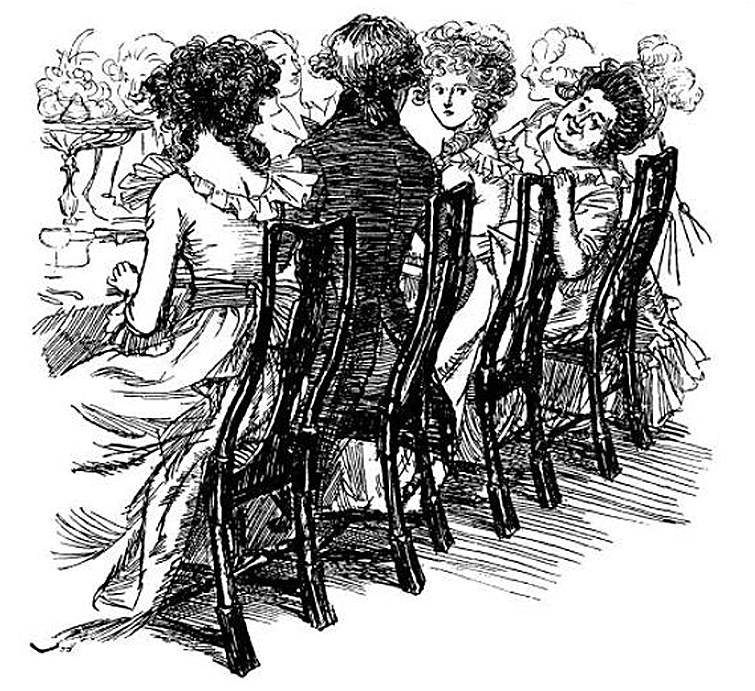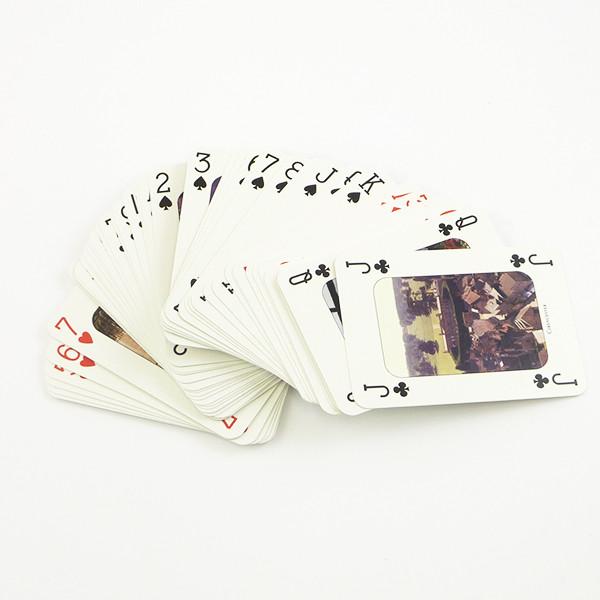Here's To You: A History of the Toast
His leave of absence will soon expire, and he must return to his regiment. And what will then be their acquaintance? The mess-room will drink Isabella Thorpe for a fortnight, and she will laugh with your brother over poor Tilney's passion for a month."
Northanger Abbey
The term "Toast" didn’t come into being until the 16th century, and possibly earlier (our original source said 17th, but Shakespeare mentions it in Merry Wives of Windsor, so thpbbtt to them!), when it became customary to put a piece of toasted bread or crouton into the drink to either improve flavor, or as sort of a built-in snack. Adding flavorings to wine was nothing new. Spices, aromatics, honey, raisins, saffron, mint, sea water, rose petals, pepper, violets, resin and a multitude of other additives had been used to alter or improve the flavor of wine (which makes me think that the modern day fruit-flavored wine producers aren’t being all that original . . . but I digress). The toast craze, however, caught on, and soon anything found floating in a drink was called a toast.
“Drinking a toast” to someone or something became immensely popular in the 17th and 18th centuries, to the point of excess. When a gathering would run out of attendees to toast, it became custom to toast absent friends, thus prolonging the drinking. It was during this period, the heyday of the toast, that the position of Toastmaster came into being. A sort of party referee, the Toastmaster’s duty was to make sure that everyone got a fair chance and equal opportunity to offer toasts. Elaborate drinking games and toasting competitions became popular, as well as some rather gruesome customs. Impressing the ladies (or perhaps the other guys) seemed to be the motivation for most of these. Young men would sometimes stab themselves in the arm, mix their blood with their wine and drink it to the their wine when toasting a young woman to prove their devotion and prowess (hmm . . . students haven’t changed much, have they?), and the practice of drinking to a lady’s beauty from her shoe came into being, though I can’t imagine any lady being particularly amused by that.
Predictably, this excess eventually led to a backlash. Anti-toasting movements and laws began to appear, although they were largely unsuccessful. Eventually, the boisterous excess calmed down and toasting became once more an intellectual affair. Toasting clubs began to emerge and toasting evolved into a way to promote moral doctrine and patriotism, making toasting a social custom instead of a drinking one. William Jennings Bryan, a teetotaler himself, once toasted the British Navy with a glass of water, saying, “Gentlemen, I believe your victories were won on water.” British Ambassador rose and toasted, “George the Third, who, like the sun in its meridian spreads a luster throughout and enlightens the world.” He was followed by the French minister, who toasted, “The illustrious Louis the Sixteenth who, like the moon, sheds his mild and benevolent rays on and influences the globe.” Franklin then rose and toasted, “George Washington, commander of the American armies, who, like Joshua of old, commanded the sun and the moon to stand still, and both obeyed.”
We just don’t get great toasts like that anymore. Then again, nobody is asking you to thrust a bayonet in your arm to prove your manhood, so perhaps we should count our blessings.
Reprinted with permission from Scheid Vineyards: The Twisted Vine, Holiday 1999
If you don't want to miss a beat when it comes to Jane Austen, make sure you are signed up to the Jane Austen newsletter for exclusive updates and discounts from our Online Gift Shop.




Leave a comment
This site is protected by hCaptcha and the hCaptcha Privacy Policy and Terms of Service apply.